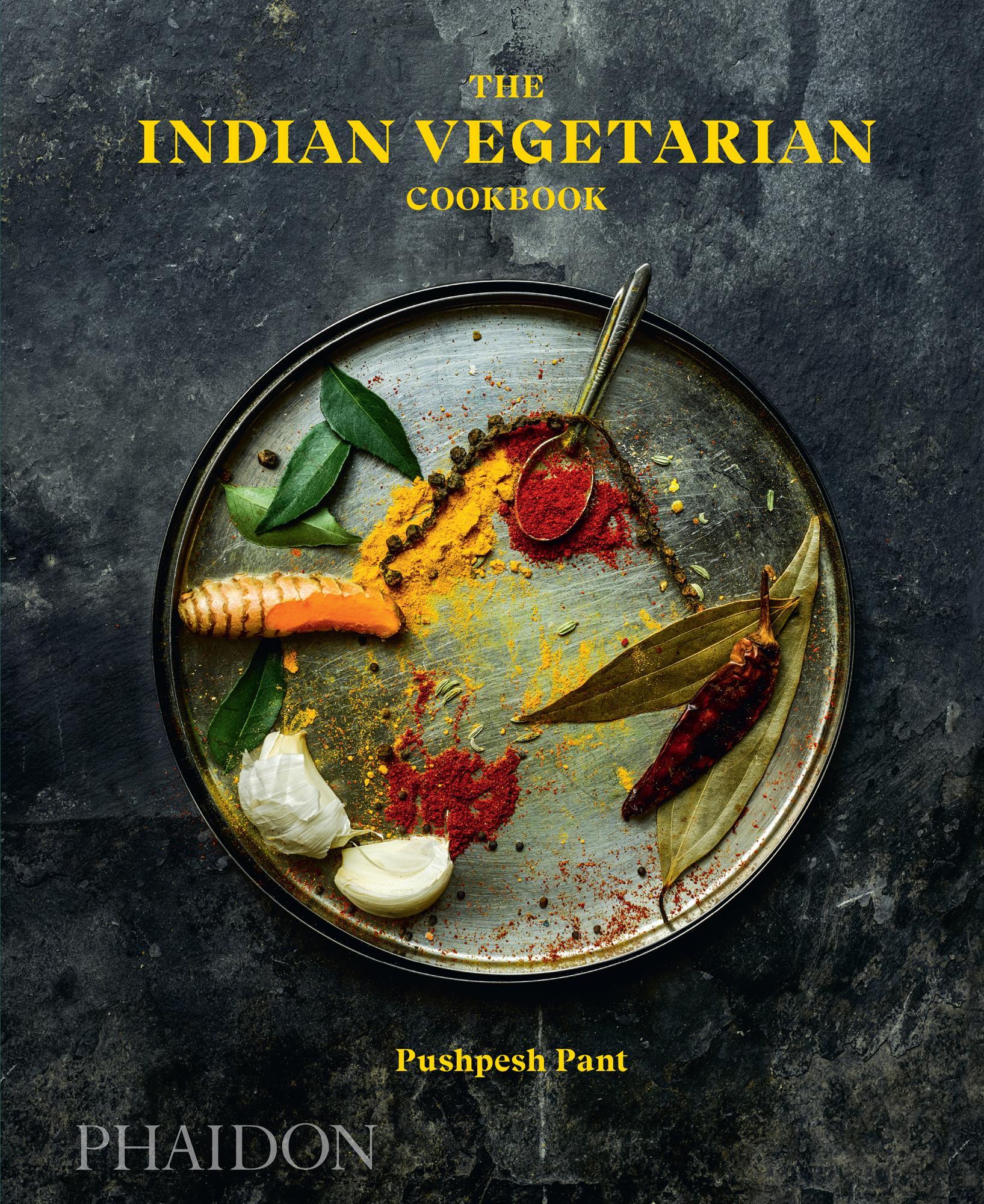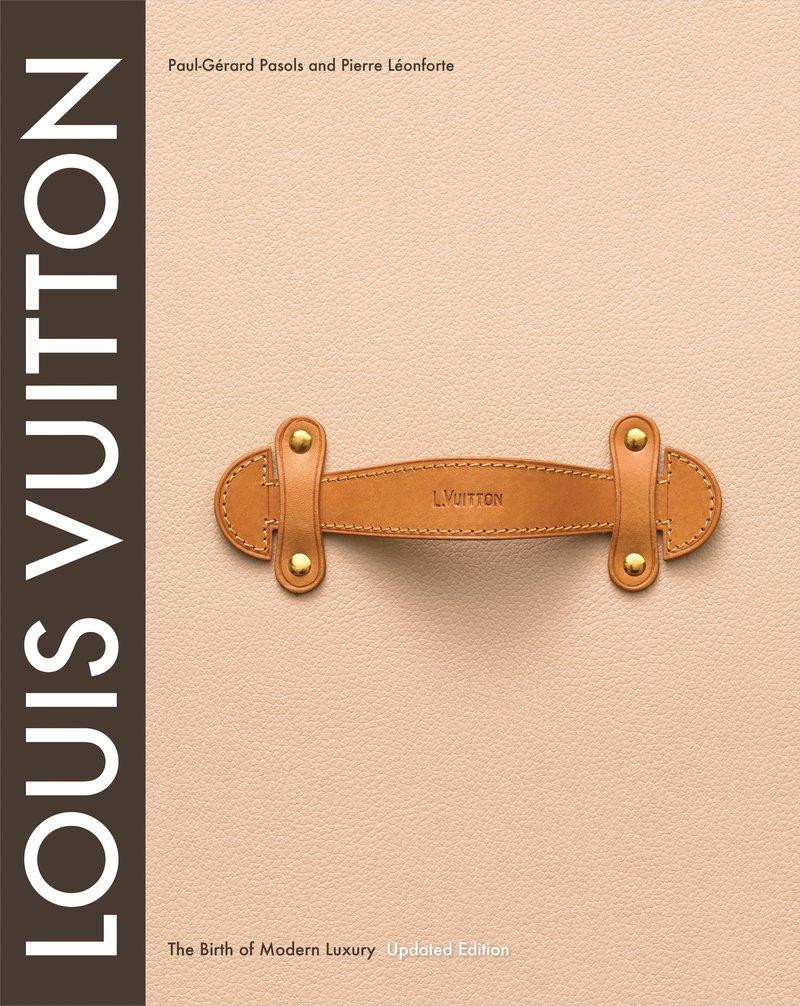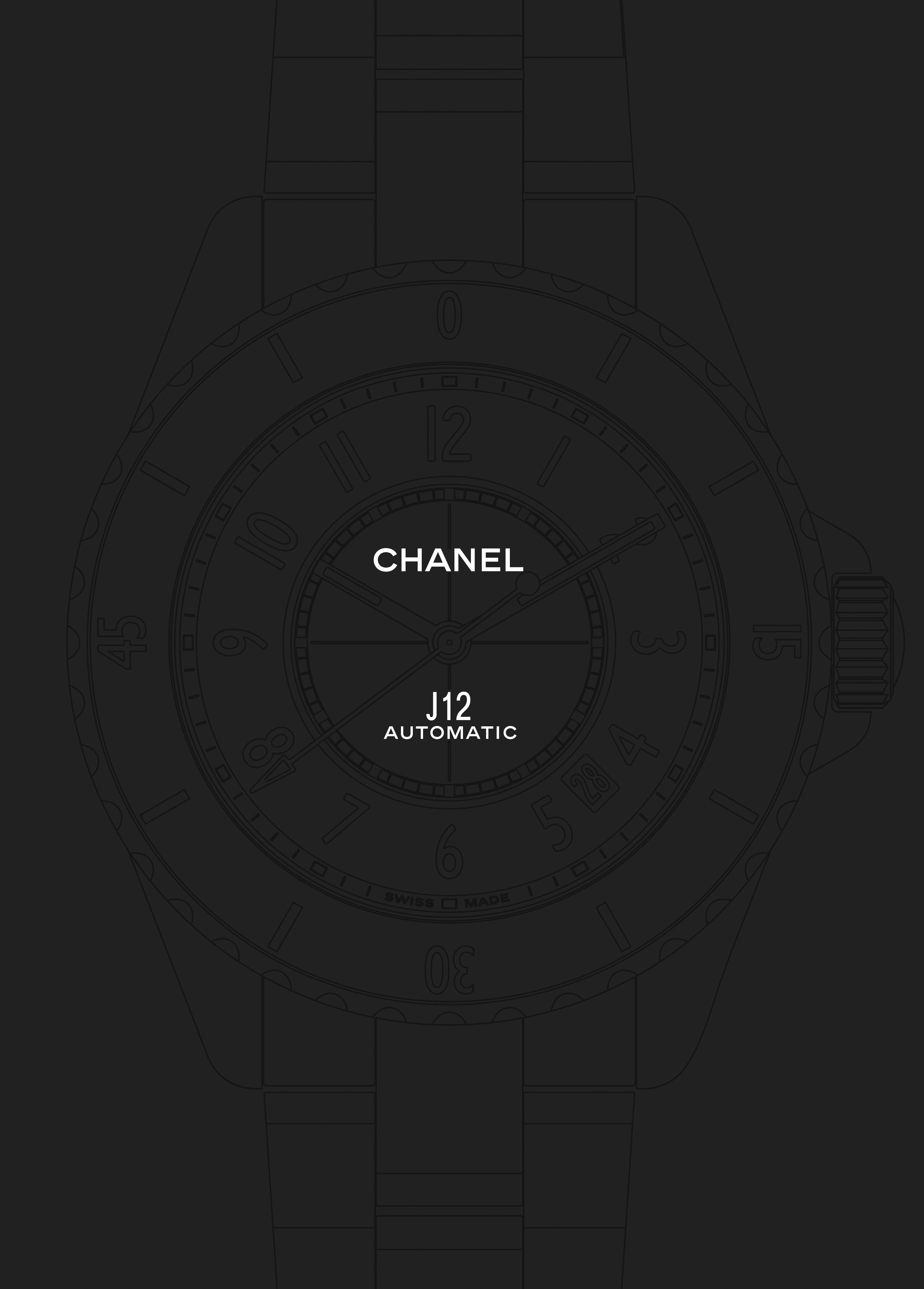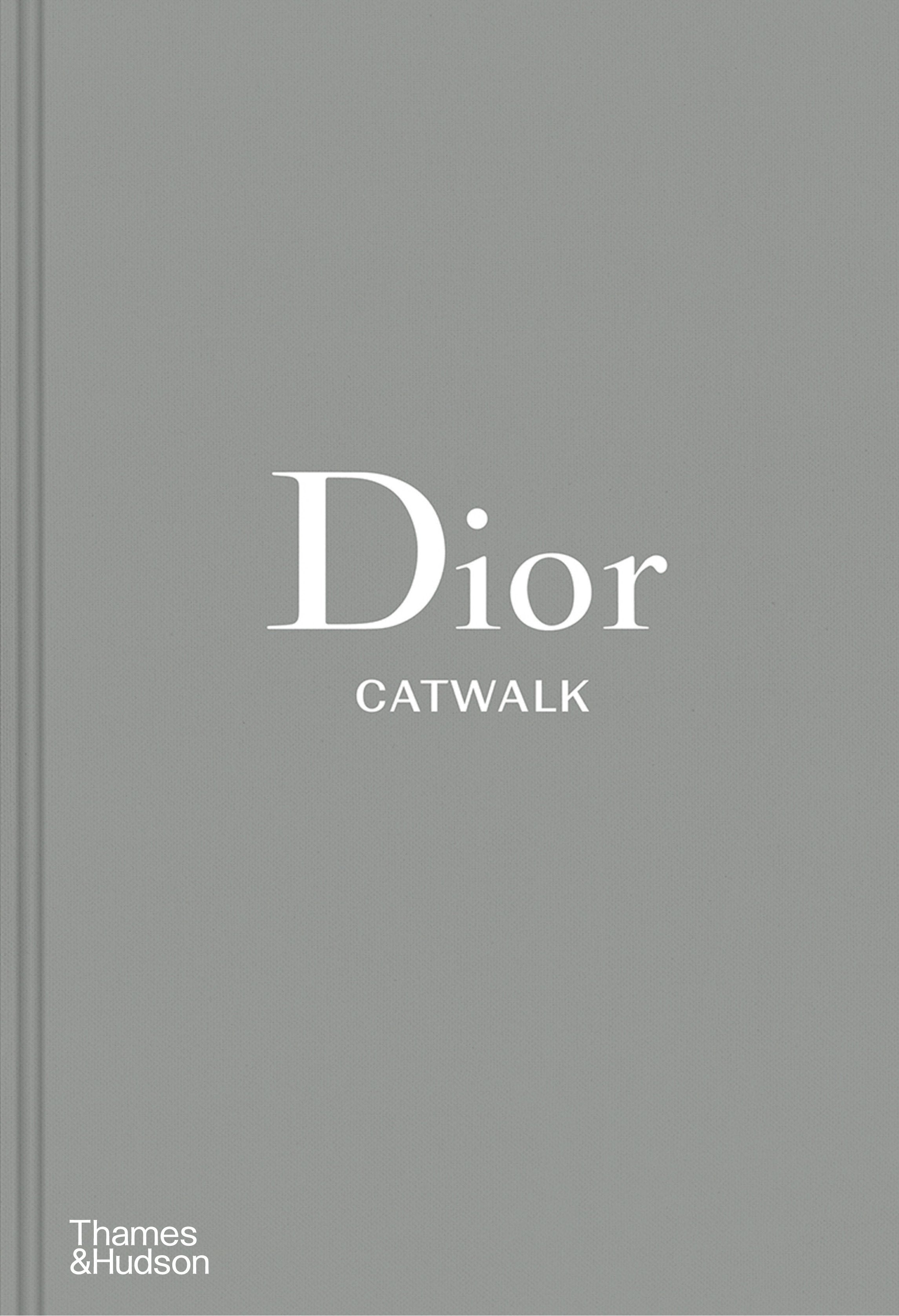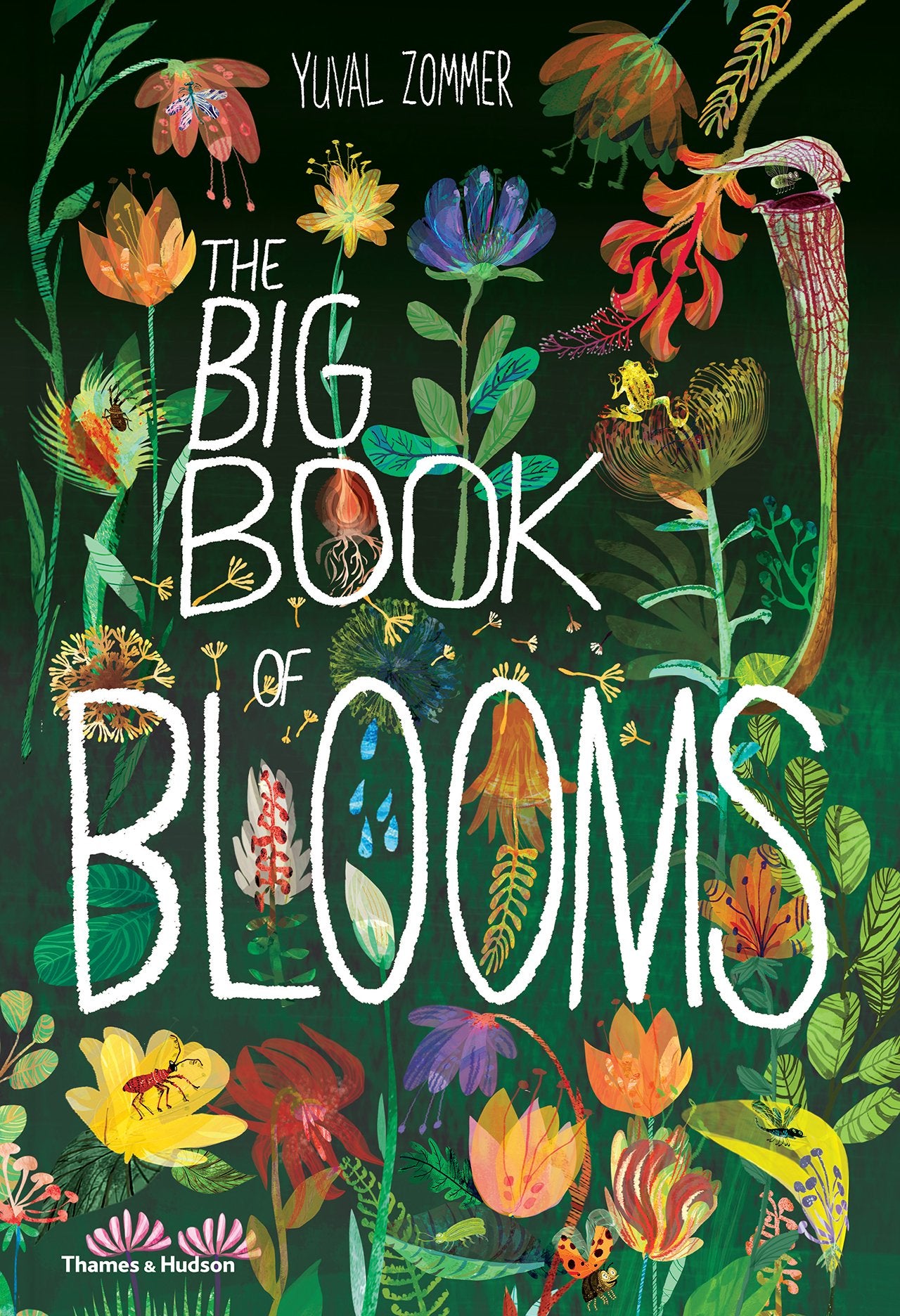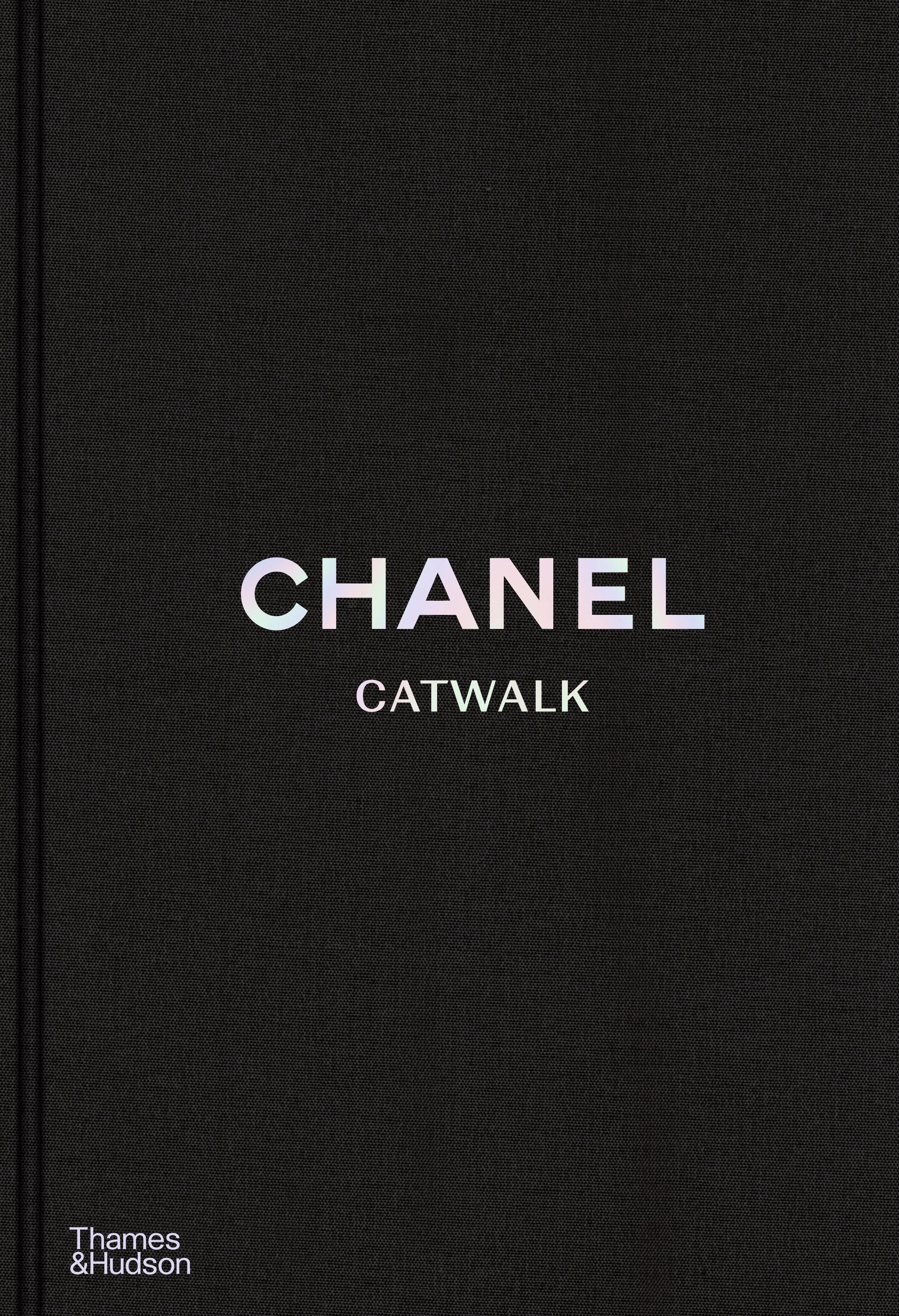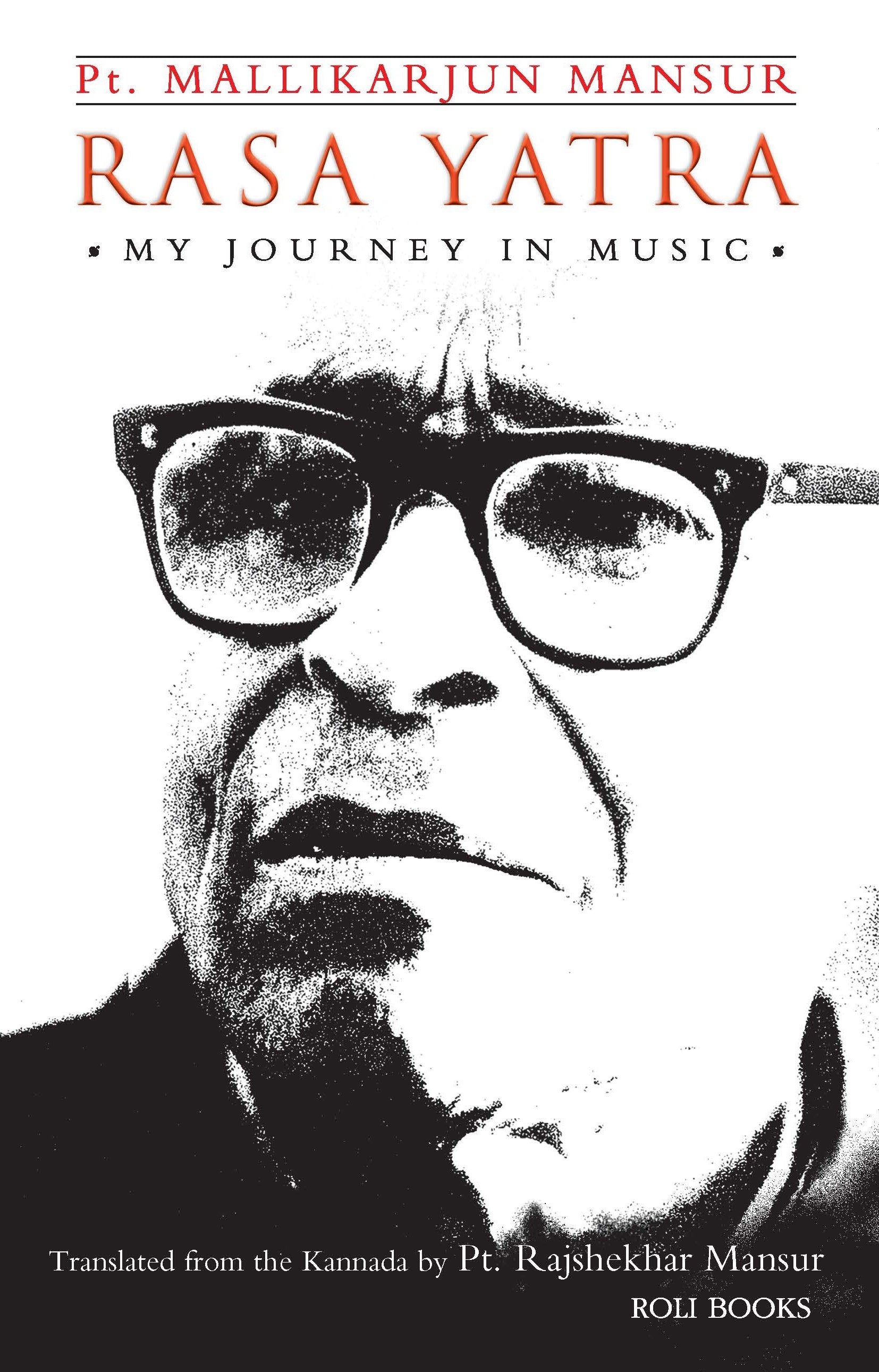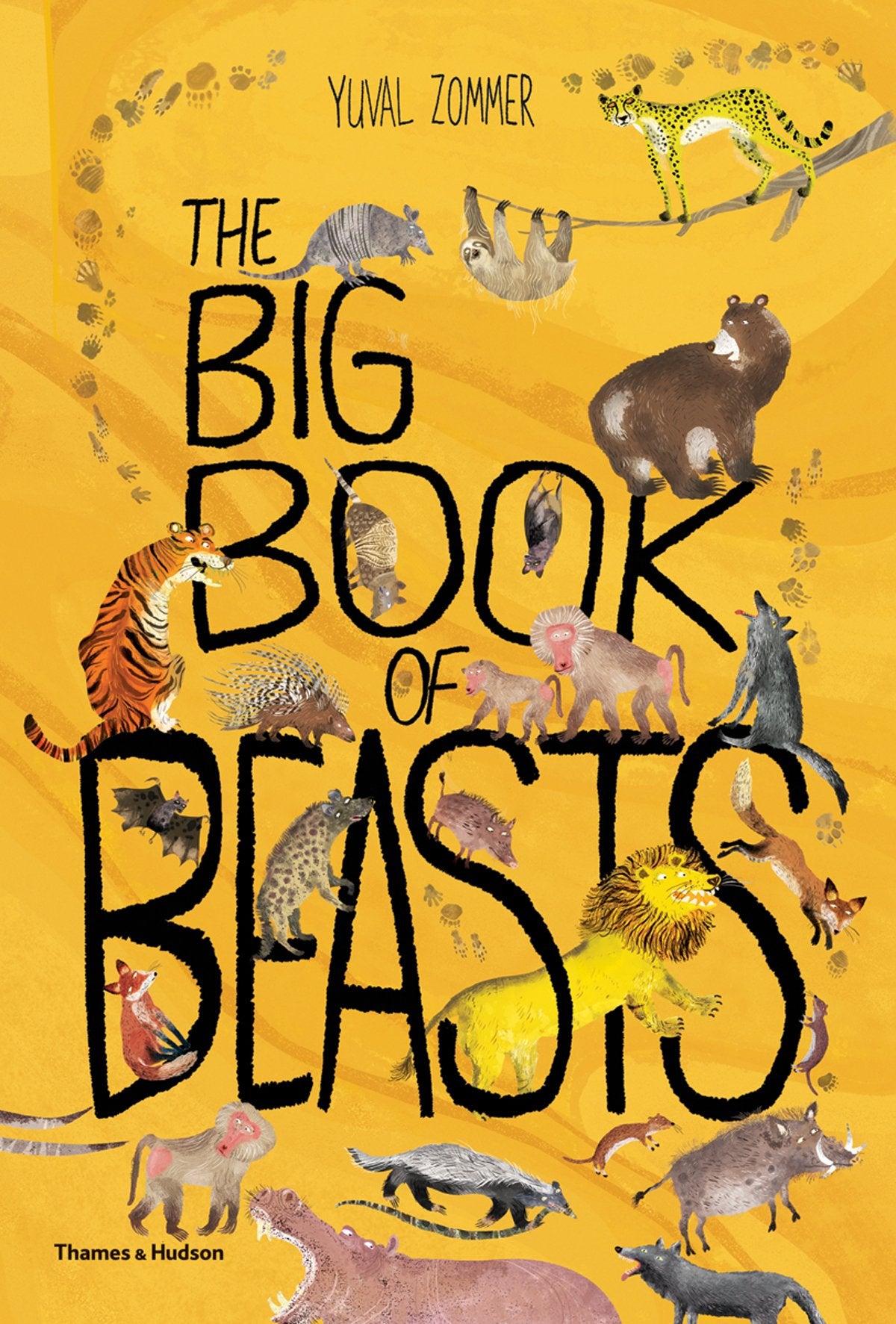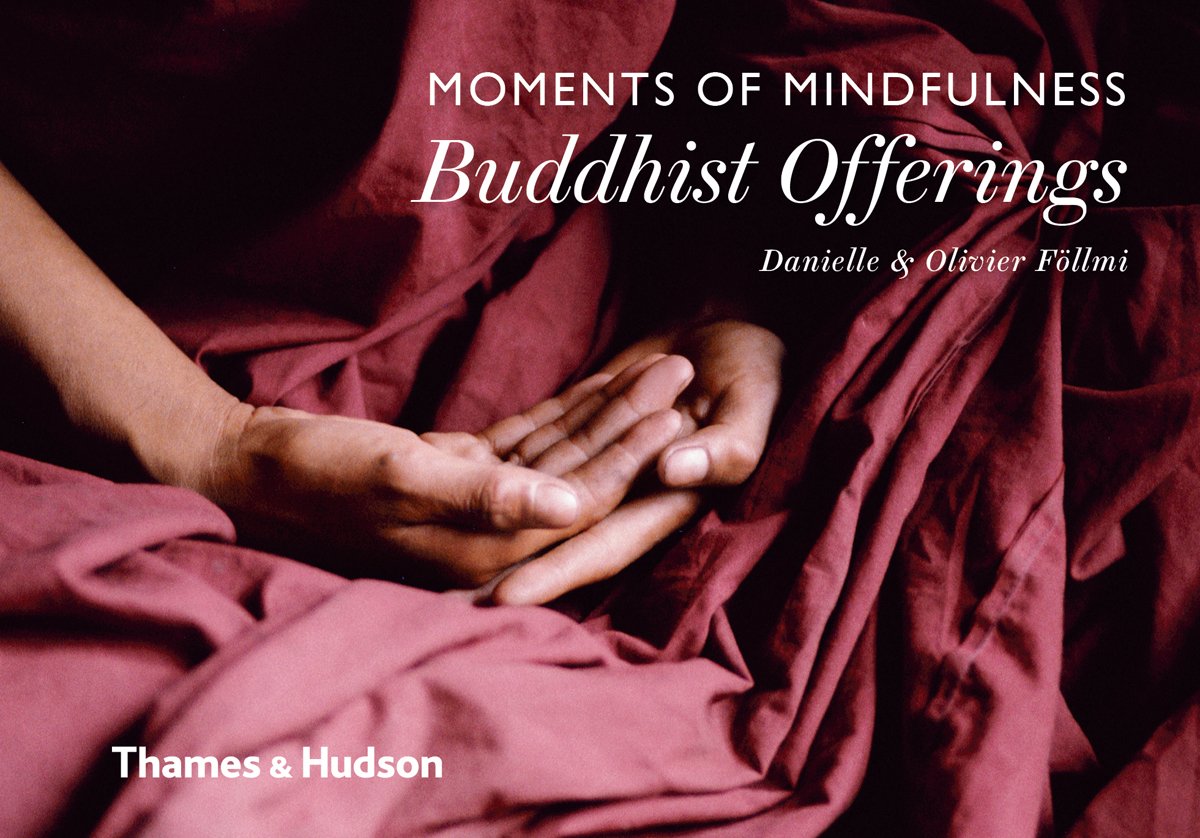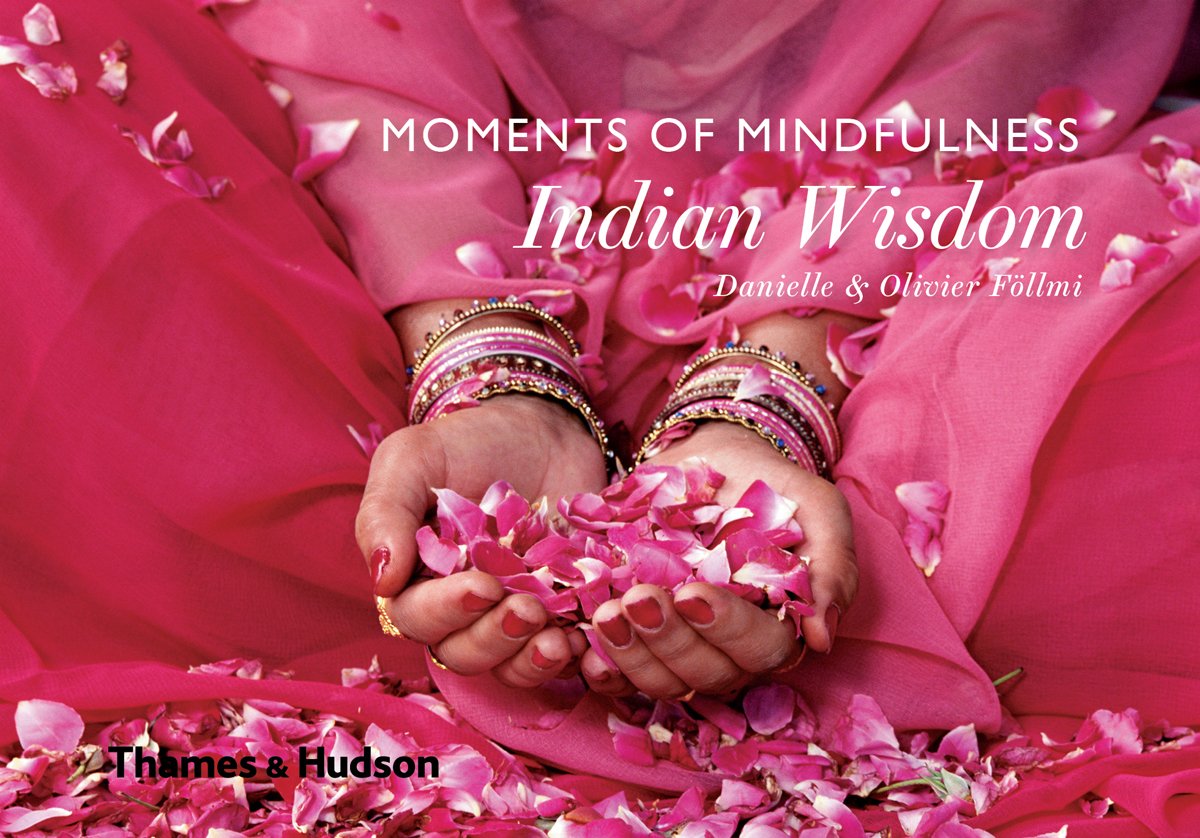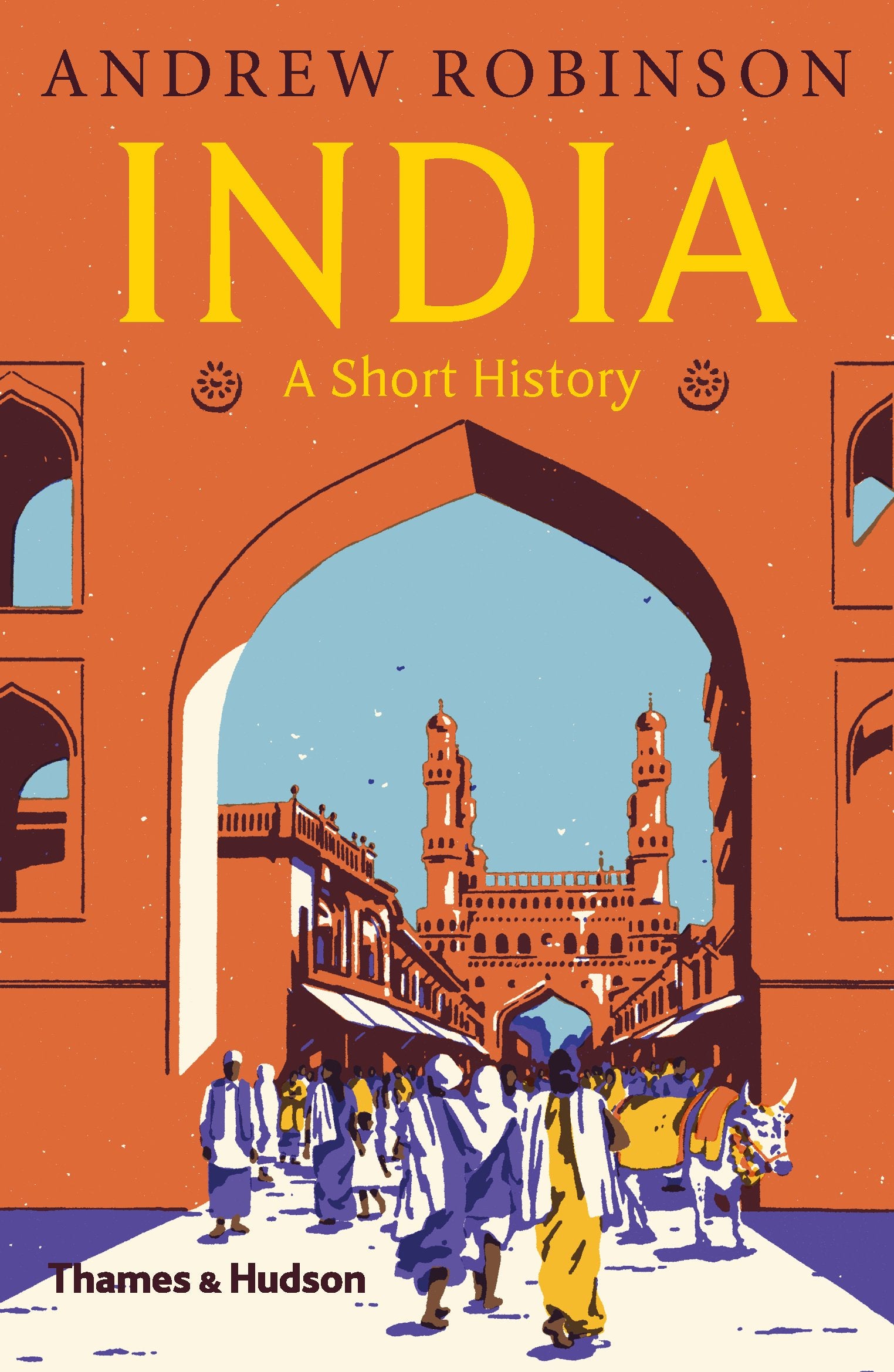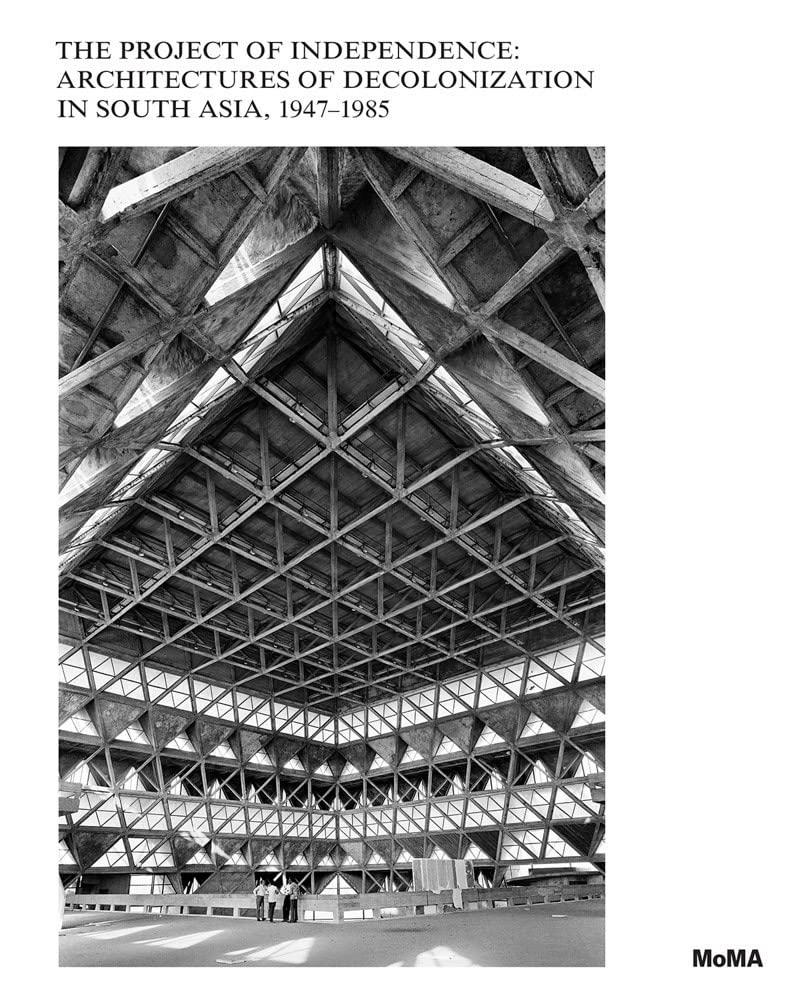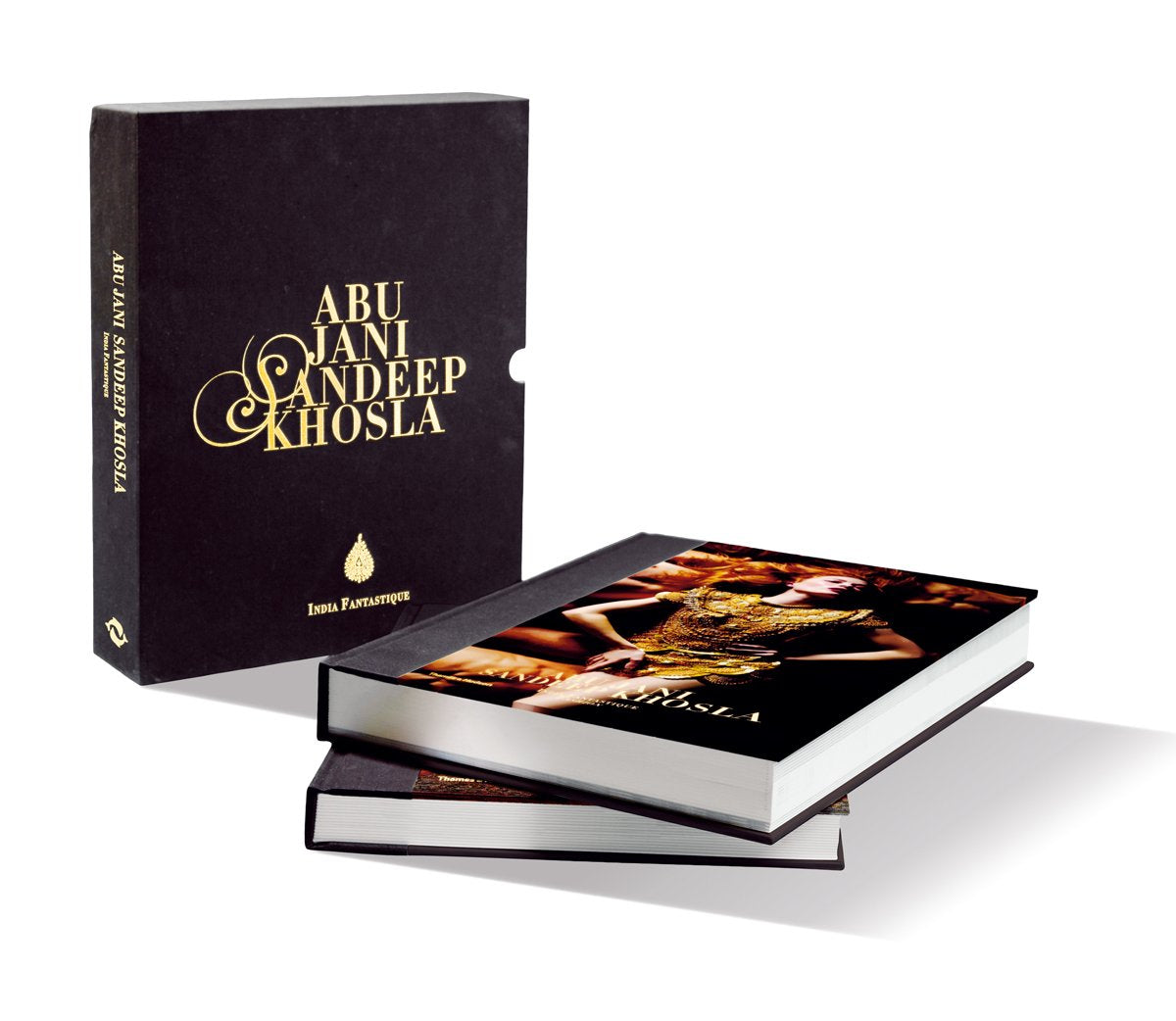The Last Maharaja of Indore: Yeshwant Rao Holkar II – Aesthete, Patron, Tragic Prince
Yeshwant Rao Holkar II (1908–1961), the last maharaja of Indore, was arguably the most enigmatic and sophisticated amongst his peers. His reign (1926–1948) is often referred to as the Golden Age of Indore. While the Holkars were always known for their patronage especially towards arts and textiles, it was Yeshwant Rao who put Indore on the international style circuit with his chic and modernist personal style, and an eye for recognizing and befriending the greatest avant-garde talent of his time. This led him to commission some of the most important Art Deco furniture pieces, palaces, jewellery, and art of his era, from the likes of Man Ray, Eckart Muthesius, and Constantin Brancusi who he considered friends.
At the age of 22, Holkar commissioned the German architect Eckhart Muthesius to design an Art Deco and Bauhaus fantasy for him—Manik Bagh, a monument dedicated to Western modernity housed a variety of furniture and artworks, with many pieces still appearing in major auctions today. Yeshwant Rao, along with his glamorous wife Sanyogita Devi, crafted a legacy of quiet elegance and unparalleled patronage of culture and the arts.
Behind the sophistication, however, there lay another, more mysterious, and at times tragic side of a man torn between the two irreconcilable worlds he straddled—India and the West. Stripped of power and forced to adapt to a new socio-political reality after India’s independence, his life encapsulates the struggles faced by many royal figures of the time, while also marred with personal tragedies, betrayal, and ill health.
This first major biography of Holkar reads like a journey into the heart of the roaring 1920s and a passage through India on the path to independence, revealing the profound complexities of a life marked by both brilliance and sorrow.

















